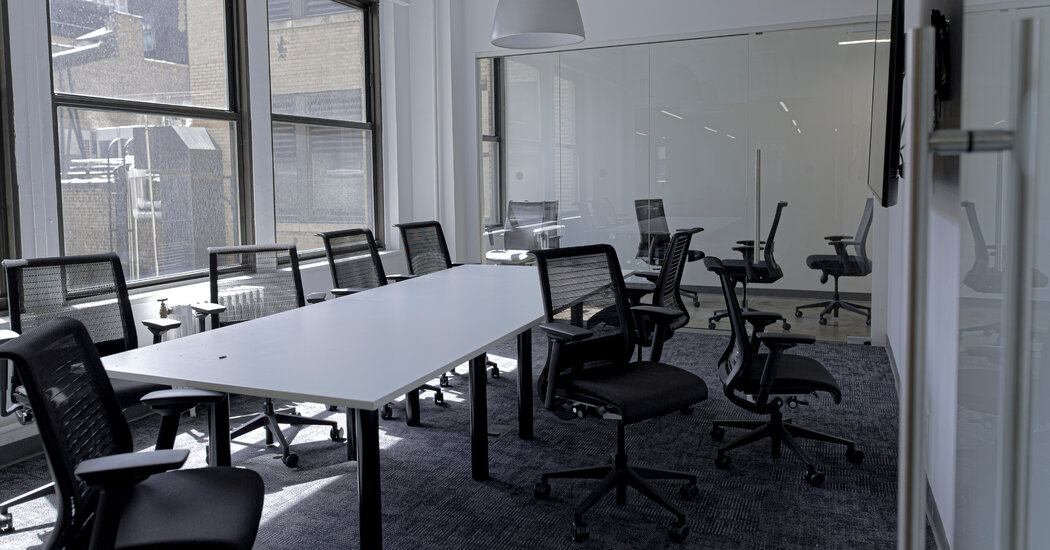- cross-posted to:
- workreform@lemmy.world
- cross-posted to:
- workreform@lemmy.world
This is the real reason for companies wanting people back to the office.
All this talk about collaboration and team spirit is just the publicly given reason for wanting people back to the office.
The real reason is that now the owners of the buildings are losing money.
Cry me a river.



What’s that you say? Rezone these as residential and make more housing you say?
Fwiw, turning most of these buildings into livable spaces is a lot harder and more expensive than you’d expect. For many of them, it would actually be cheaper to just raze it and create a new residential building, even if it maintains the same outer dimensions.
True, so we should turn them into schools and libraries 🤩
So… rezone for residential, tear down, rebuild for residential…
Yes, that’s one possibility. But if your goal is to create a multi-unit residential housing building, you would probably choose a location that doesn’t already have a giant office building in the way.
There is no better alternative than turning these offices into housing. Forcing people to work in offices again is worse and keeping them empty is also worse.
A big advantage of converting them is there is already a lot of desirable infrastructure in place. Public transportation, shops, restaurants, everything is there already. Building apartment complexes at the edge of town might be cheaper but there usually is nothing there.
I also doubt that it’s actually cheaper to raze and rebuild for that many buildings. The only real trouble is upgrading the plumbing. Everything else is definitely offset buy using the existing shell.
Some buildings have a floorplan that doesn’t really work for residential but there is also no need to convert all offices. Pick the ones that are best suited and keep the remaining to satisfy the reduced need for office space.
The only real issue is that the current owner of the building obviously prefer just forcing people back into office since that’s more profitable. So it would take government subsidies and incentives for them to make the switch more profitable. And then we are once again putting hundred of millions into the pockets of already rich people. But it’s cheaper for the city and better for the people so while a tough pill to swallow, it’s still beats any alternative.